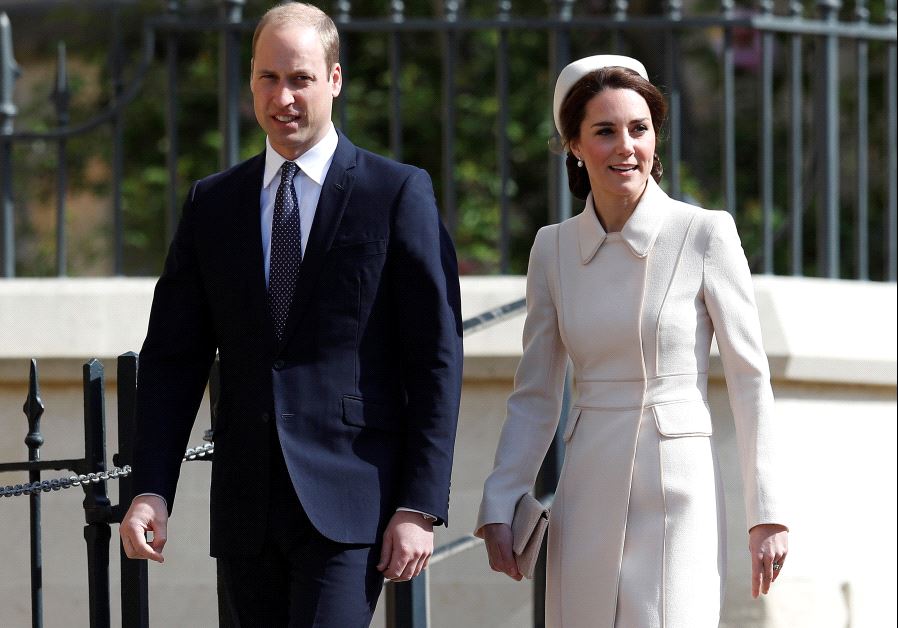What Prince William's visit means for Israeli-British relations
It took 70 years but a member of the royal family – Prince William – will finally make an official visit to Israel.
 Britain's Prince William and Catherine, the Duchess of CambridgeUpdated:
Britain's Prince William and Catherine, the Duchess of CambridgeUpdated: